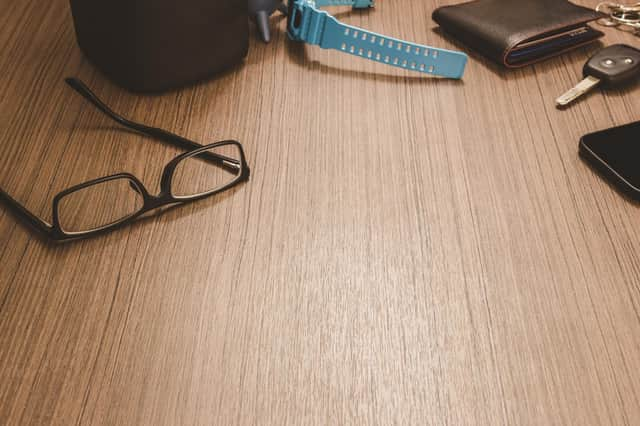Dr's Casebook: A magic box and a nostalgic trip down memory lane


Dr Keith Souter writes: In the evening we went to see A Box of Delights at the Royal Shakespeare Company theatre. It is a play written by John Masefield, about a children’s’ adventure with a magic box that was needed to save Christmas.
Interestingly, the word that came up again and again was nostalgia. All the old cars rekindled memories and associations, as did the play about Christmas and good times past.
Advertisement
Hide AdAdvertisement
Hide AdMy first car was a Hillman Imp, which seemed to habitually blow the cylinder head gasket on the long journeys from home to university. Then there was my Mini, from the days when it really was a little car, unlike today’s incarnation. Apologies for the pun.
But just as the cars have transformed over the years, so too has the word nostalgia. It comes from the Greek words nostos, meaning ‘return’ and algos, meaning ‘pain.’ The term was first used by the Swiss physician Johannes Hofer back in 1688 to describe anxiety and homesickness experienced by mercenary Swiss solders serving away from home. We would recognise it as PTSD today.
It later fell into common parlance when it was no longer considered an illness, and assumed today’s meaning of a pleasant looking back at the past.
Nostalgia and looking back are useful things to consider when people are experiencing mild cognitive difficulty or the early stages of dementia with memory loss. A memory hub is worth establishing. That is, having a central place in the home, perhaps a dining room table or a desk, where you can keep important notes and lists of phone numbers that you may want to find quickly. Rather than having everything scattered about the home, get into the habit of having one place for car keys, house keys, the dosset box for the drugs you take, your purse.
And keeping a memory box there too is a good idea. Things that are important and trigger memories, like an annotated photograph album are ways of using nostalgia to trigger and keep memories alive.
Comment Guidelines
National World encourages reader discussion on our stories. User feedback, insights and back-and-forth exchanges add a rich layer of context to reporting. Please review our Community Guidelines before commenting.